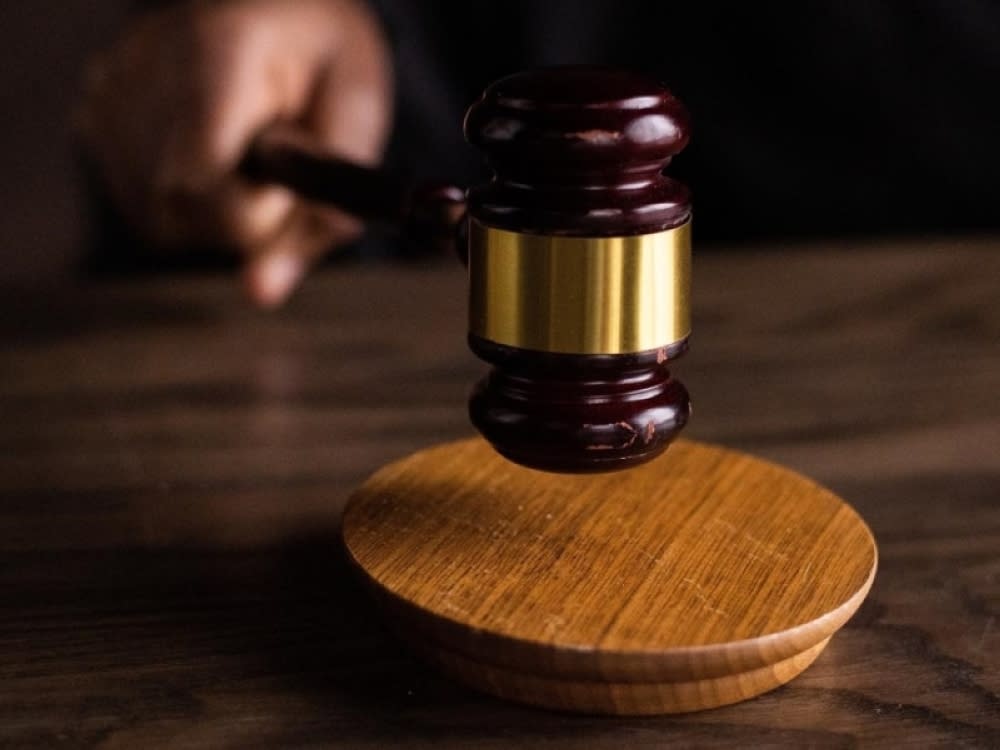‘Many grey areas’: Malaysian lawyers weigh on Bar Council’s strict sexual harassment circular on legal professionals

KUALA LUMPUR, Jan 29 — Winking, path-blocking, wolf-whistling and certain gestures can now constitute sexual harassment in the legal profession.
This was made clear by the Bar Council in its recent circular to safeguard legal fraternity.
Among the listed offences are offering promotions for a date or a hug, making unwanted advances and engaging in sexual coercion.
The circular also listed certain acts such as inappropriate verbal, visual and physical conduct as sexual harassment offences.
“Wolf-whistling, blocking your path, patting your head or sitting at your desk for no reason are all inappropriate,” reads the circular.
While the circular aims at curbing sexual harassment among legal professionals, it may raise some questions in terms of enforcement and whether such rules can be misused by a complainant.
To better understand the potential grey areas in the circular, Malay Mail asked legal professionals about the practicality of such strict rules.
It’s a good move, but...
Lawyer Dinesh Muthal welcomed the council’s move to address the issues of sexual harassment that have been happening for ages.
“It’s good for it to be taken more seriously. Timely as well.”
He, however, said there must be a proper investigation methodology.
“We need proper parties or entities to investigate the complaint.
“The Bar Council needs to treat it akin to an act of proving a criminal offence and not merely take action just because there is a complaint.
“There must be a proper task force and detailed investigation.”
Echoing similar sentiment, another lawyer, David Mathew said the circular certainly is intended to create awareness that even actions that ordinarily seem so innocuous could amount to sexual harassment.
He, however, said it all comes down to context.
“We do have to be careful not to ignore context.
“To my mind, an appropriate collegial wink when the judge rules in your favour or an appropriate hand signal when your opponent talks nonsense in court certainly must keep its place within the profession. It is all about context.”
Can the rules be misused?
According to Dinesh, such strict rules may be misused should there be no proper investigation methodology.
“Imagine a scenario of three employees who don’t like their employer for giving them too much work and scolded like rain and thunder.
“Yes, that is a form of mental harassment or act that affects the mental health of the staff. But what happens if such complaints are fabricated against the person?
“There must be a failsafe to fall onto.”
Dinesh said there may also be incidents where the complainant misunderstood or misinterpreted the actions.
“There must be a clear and precise understanding of what falls under the definition of sexual harassment to avoid false claims.”
Mathew also said proving such claims will never be an easy task.
“It will ultimately boil down to credibility having taken the context into account.
“We must be extremely wary of misuse or abuse. I want to think that a false report will be found out eventually.”
Are there any loopholes?
According to Mathew, the circular must be read in the context of Rule 14.29 of the Bar Council rulings which defines sexual harassment as “any unwanted conduct of a sexual nature, whether verbal, non-verbal, visual, gestural or physical, made directly or indirectly at a person or physically communicated in person or through the use of any medium or physical conduct, which a reasonable person would consider to be offensive or humiliating or a threat to their well-being or comfort.”
“The keywords or phrases here are ‘unwanted’ and ‘a reasonable person’.
“The action must not only be something ‘unwanted’ but a ‘reasonable person’ or disinterested member of the public must also consider it to be offensive.”
Two years ago, the Bar Council approved a clause in its rules which states sexual harassment constituted misconduct under Section 94(2) of the Legal Profession Act.
It states that any act of sexual harassment by an advocate and solicitor or a pupil in a professional capacity or a professional setting amounts to misconduct.
Dinesh said it was very timely and needed.
“But, it is still new and there aren’t enough precedents and case studies to show its strength or weakness.”



